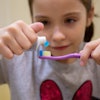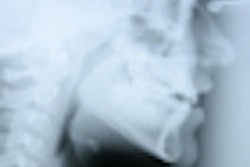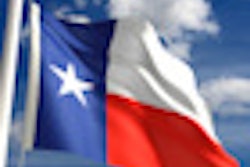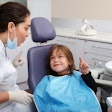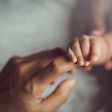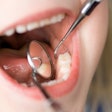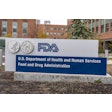Faculty at the University of Florida received five grants totaling nearly $7 million to improve access to dental care for underserved children and adults from the Health Resources and Services Administration (HSRA) of the U.S. Department of Health and Human Services (HHS).
The funds are part of $130.8 million in grants announced September 17 by HHS Secretary Kathleen Sebelius to strengthen and expand the health professions workforce across the U.S. In all, the state of Florida received $12.1 million.
The university plans to use the funds to enhance education for dental students and specialists with an emphasis on public health dentistry and ensuring that tomorrow's dentists graduate with an understanding of how to treat a diverse patient population, and are culturally competent to deliver care to the underserved, according to a press release.
"These grants direct much-needed funding and resources to allow us to build our infrastructure to train more dentists, and to enhance that part of our dental education that relates to serving the most at-risk populations in our state," said Teresa Dolan, D.D.S., M.P.H., dean of the College of Dentistry, in the release.
"There are pieces in these five grants that address a broad range of critical care issues, including pediatric dental care, tobacco cessation, increasing our minority enrollment and providing care for minority populations," she added. "It's a comprehensive package, and it will have a dynamic effect on our curriculum and our students during the next five years."
Dr. Dolan was one of four faculty who received grants from HRSA. She was awarded $300,000 for equipment upgrades and expansion of the college's dental simulation laboratory, where first- and second-year dental students learn the hands-on practice of dentistry before entering the clinics and working with patients. Expansion of the laboratory allows the college to increasing the number of students admitted annually.
Frank Catalanotto, D.M.D., a professor and chair of community dentistry and behavioral sciences, received two of the five grants. The first, for $3.7 million over the next five years, will focus on enhancing the pre-doctoral dental education program's curriculum that relates to serving diverse populations, recruiting more minority students, teaching students how to promote tobacco cessation for their patients, and increasing understanding and awareness of public health dentistry. He also received a grant for almost $300,000 for one year that will provide equipment needed at the college and in two of the college's educational clinics to support the training goals of his larger grant.
Scott Tomar, D.M.D., Dr.P.H., a professor of community dentistry and behavioral sciences, received $1.3 million for five years to fund a unique program that will prepare pediatric dental residents for future leadership positions in public health dentistry. It expands an existing two-year residency program, adding an optional third year during which the resident practices in a public health facility and conducts a field or community-based research project. The goal is to increase the number of pediatric dentists who work in the public health sector and are able to provide the specialized scope of services that children need (in particular, those who have limited access to care when they are very young).
Micaela Gibbs, D.D.S., an assistant professor in community dentistry and behavioral sciences, received $1.3 million for five years to assist with transitional funding of the college's Internally Educated Dentist Program, based in Hialeah, FL. The program graduates mirror the ethnic and socioeconomic demographics of Florida and can help address the oral health disparities of state's population.
Copyright © 2010 DrBicuspid.com
